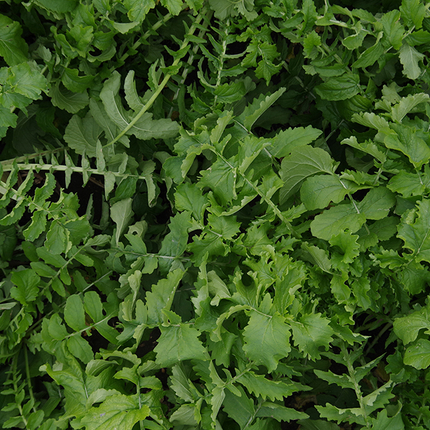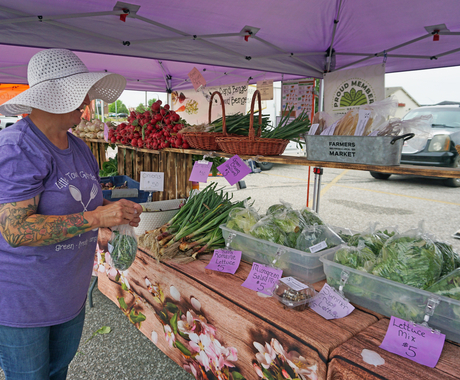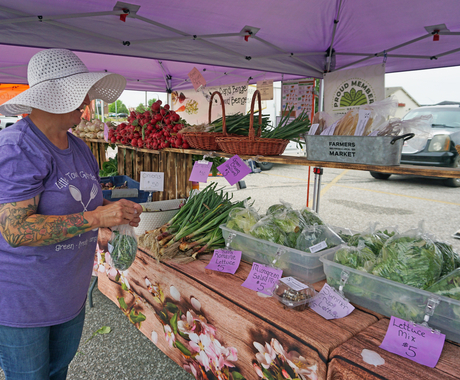Teresa Hoffman, senior communications associate, teresah@cfra.org, 402.687.2100 ext. 1012
NEVADA, IOWA – The Center for Rural Affairs applauds expansions to federal crop insurance recently announced by the U.S. Department of Agriculture’s Risk Management Agency (RMA). Both changes signal encouraging opportunities for farmers practicing conservation on their operations.
On Feb. 10, RMA announced it will be offering the Pandemic Cover Crop Program (PCCP) for a second year. The program offers a $5 per acre discount on a producer’s crop insurance premium if they planted a qualifying cover crop ahead of their 2022 crop.
If a cover crop variety is reportable to the Farm Service Agency (FSA), it is eligible for PCCP. To receive the benefit, producers must have a Report of Acreage form (FSA-578) filed for their cover crops by March 15, also the crop insurance sales closing date for most spring crops.
“Producers should take note that the March 15 deadline differs from the acreage reporting date later in the season by which they will have to report their insured crop,” said Kate Hansen, policy associate with the Center for Rural Affairs.
The discount is available for most crop insurance policies, with a notable addition of Whole Farm Revenue Protection. Exceptions include the newly-announced Post-Application Coverage Endorsement and the Enhanced Coverage Option. For producers in states such as Iowa, Illinois, and Indiana, which have state-level cover crop discount programs, PCCP can provide an additional benefit.
In addition to PCCP, the agency announced that, starting with the 2022 season, soybeans that are relay cropped into an established small grain will be insurable via written agreement. A written agreement is an operation-specific coverage request developed and submitted by a producer and their crop insurance agent.
“Relay cropping is a crop management system utilizing multiple crops with overlapping growing seasons, but planted and harvested at different times,” said Ross Evelsizer, natural resources project director with Northeast Iowa Resource Conservation and Development. “Relay cropping in Iowa is typically done with soybeans and a cereal grain.”
Evelsizer works with producers across the state to implement field trials of relay cropping systems to learn more about the practice.
“Relay systems benefit soil health by minimizing disturbance, maximizing soil cover, maximizing biodiversity, and extending the presence of living roots across the entire field, which improves soil health and water quality, and prevents erosion,” he said.
“Producers across the country are implementing new conservation practices to better steward their land,” Hansen said. “These recent developments from RMA to support these efforts are encouraging.”
For more information on these programs, or crop insurance sign ups in general, please call the Center for Rural Affairs, 515.215.1294.
# # #




